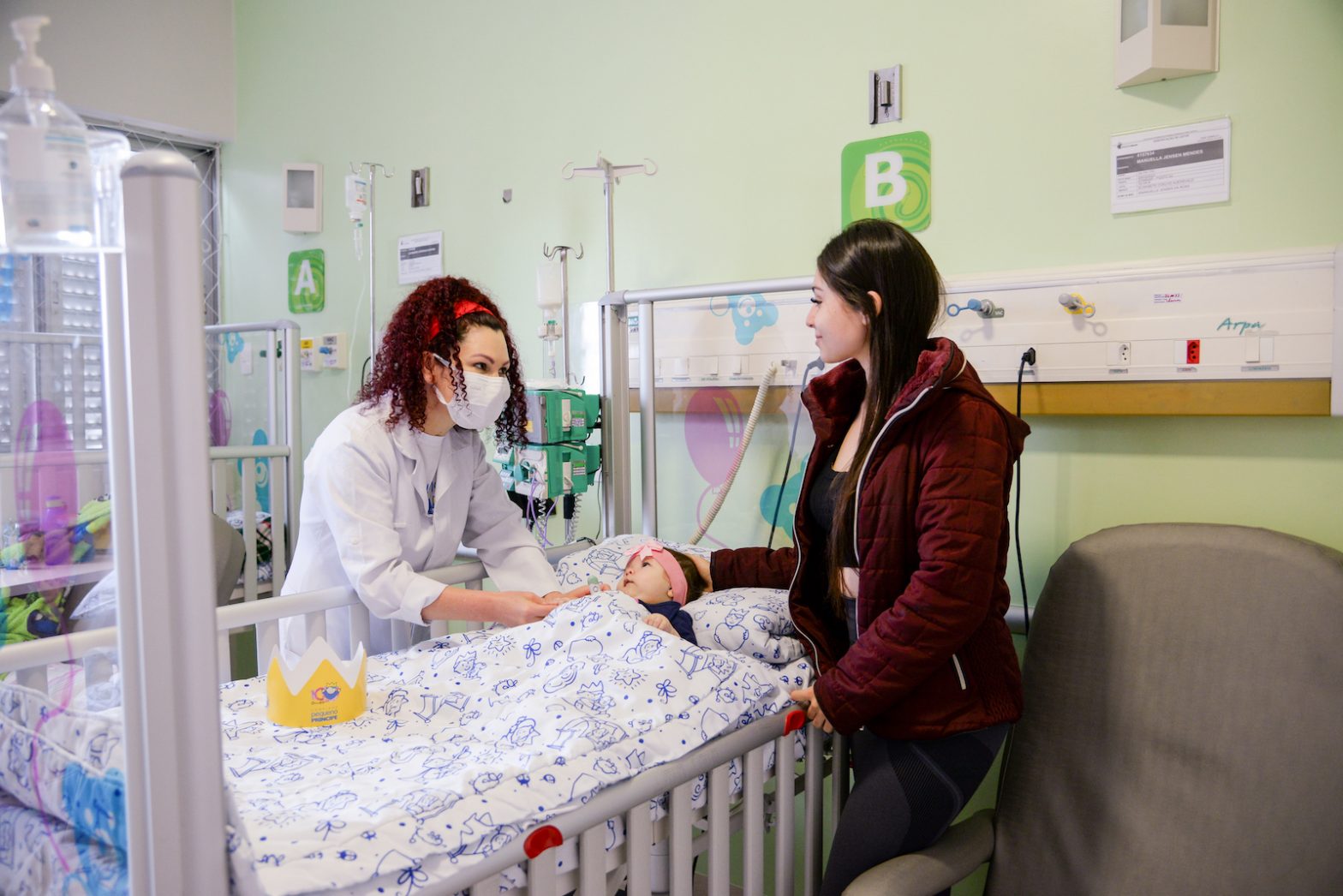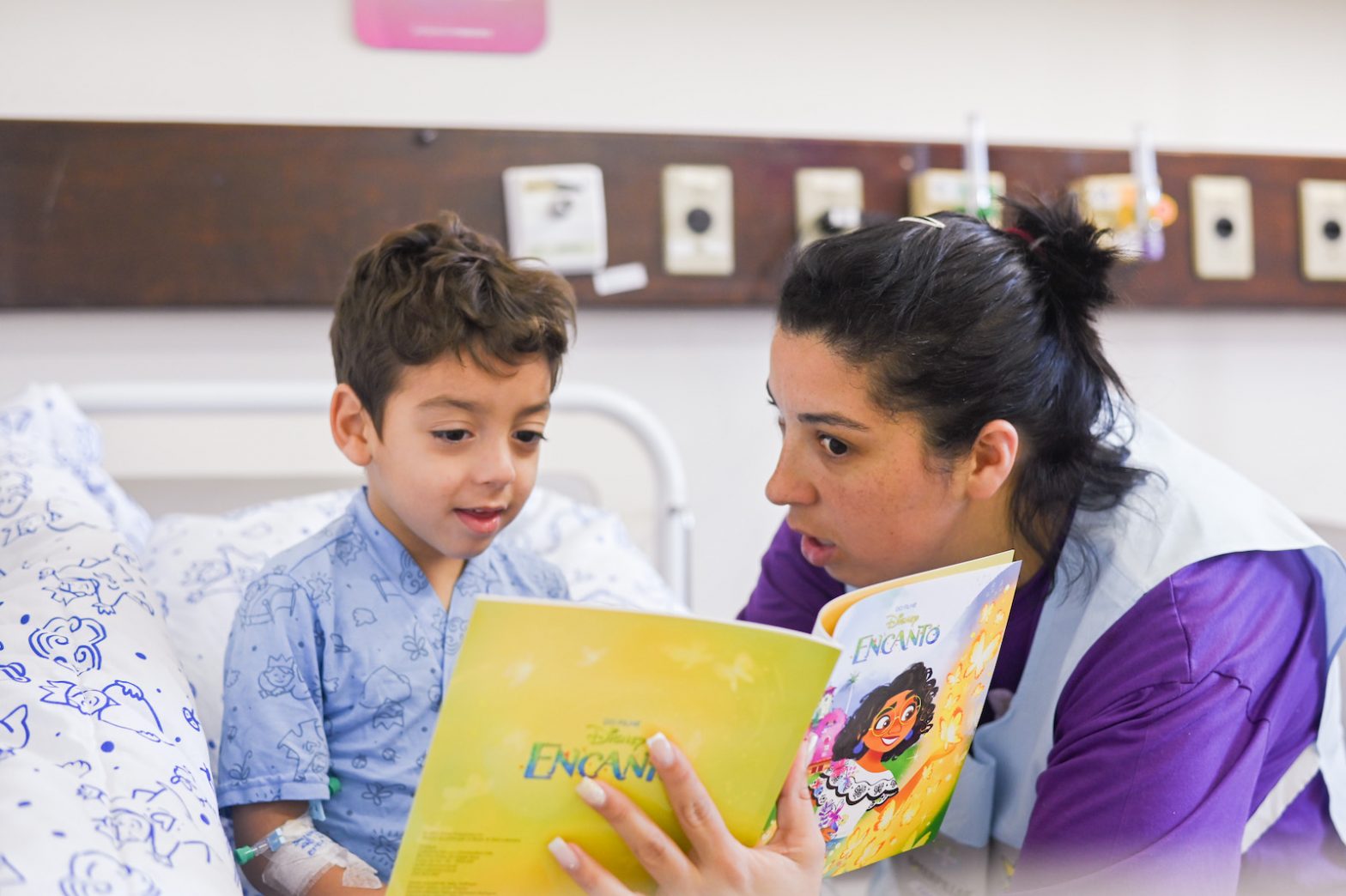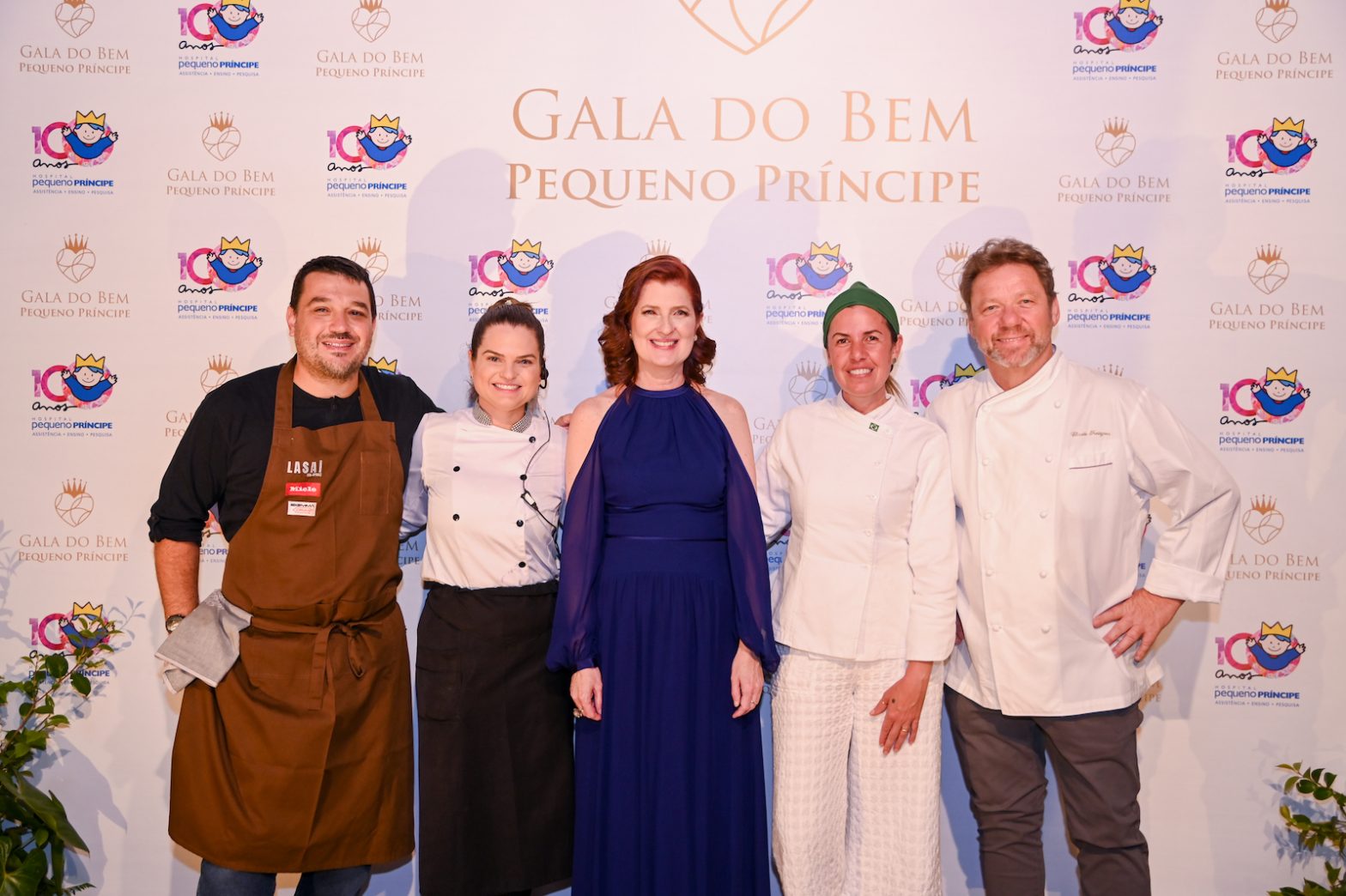Scientists from Pequeno Príncipe stand out in major universities around the world
With scholarships won in highly contested selection processes, teams advance in knowledge and strengthen relationships with highly relevant international organizations
At the Pelé Pequeno Príncipe Research Institute, in addition to the 17 coordinating scientists, several other researchers carry out their studies, whether in scientific initiation, master’s degree, doctorate or post-doctorate. And many have stood out in selection for courses at renowned universities, whether national or international.
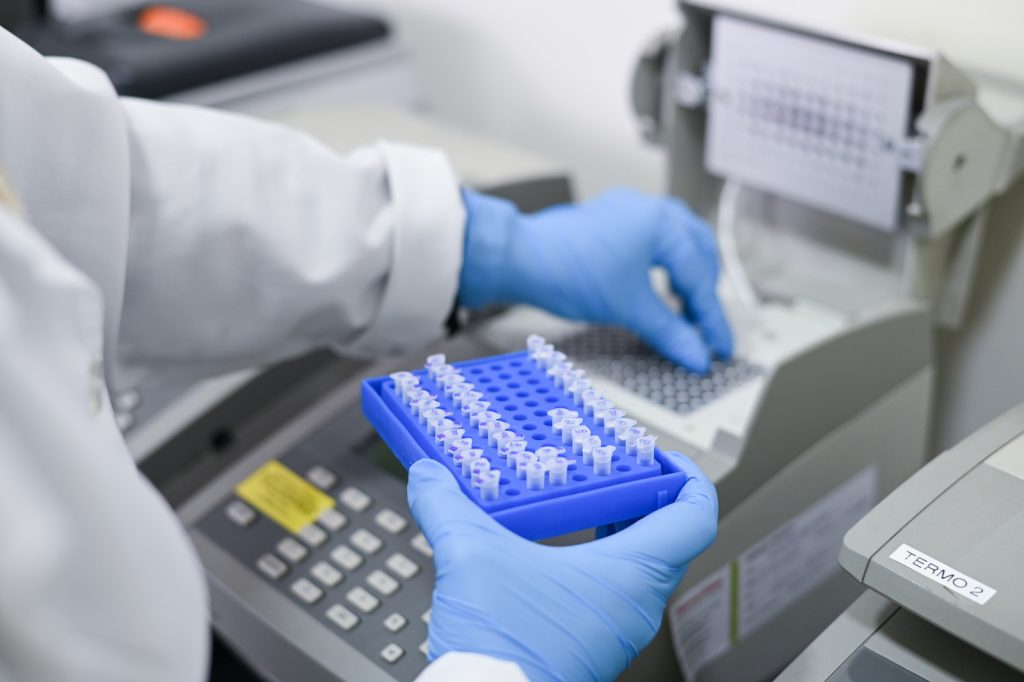
Doctoral student Laire Schidlowski Ferreira, from Dr. Carolina Prando’s team, is one of them. She applied for an internship grant through the European Society of Immunodeficiencies (ESID) and was selected for a two-month internship at Aarhus University and Aarhus University Hospital in Denmark. During this period, she will also continue her research in the Human Immunology of Infectious Diseases laboratory, from the institution’s Department of Biomedicine, which is coordinated by researcher Dr. Trine Mogensen.
Laire’s doctorate is focused on research into possible genetic susceptibility to developing severe COVID-19 and is part of an international collaboration, the Covid Human Genetic Effort(COVID-HGE). “During the analyses, we were interested in further studying a gene that was associated with viral infections by researcher Dr. Trine. After some conversations, the opportunity arose to intern in her laboratory to deepen our knowledge about this gene and its involvement in viral infections,” explains the doctoral student.
According to her, this is a great opportunity to strengthen the relationship with the Human Immunology of Infectious Diseases laboratory, which is well known for studying inborn errors of immunity, mainly of viral origin. “Consequently, this contact expands our opportunity for new joint projects and future internships,” she believes. “The internship not only brings the possibility of learning new techniques, but also of sharing scientific knowledge within a new perspective and reality. This exchange of knowledge and experiences is very rich and enables a change in thinking, resulting in process improvements, new research ideas and future innovations,” she concludes.
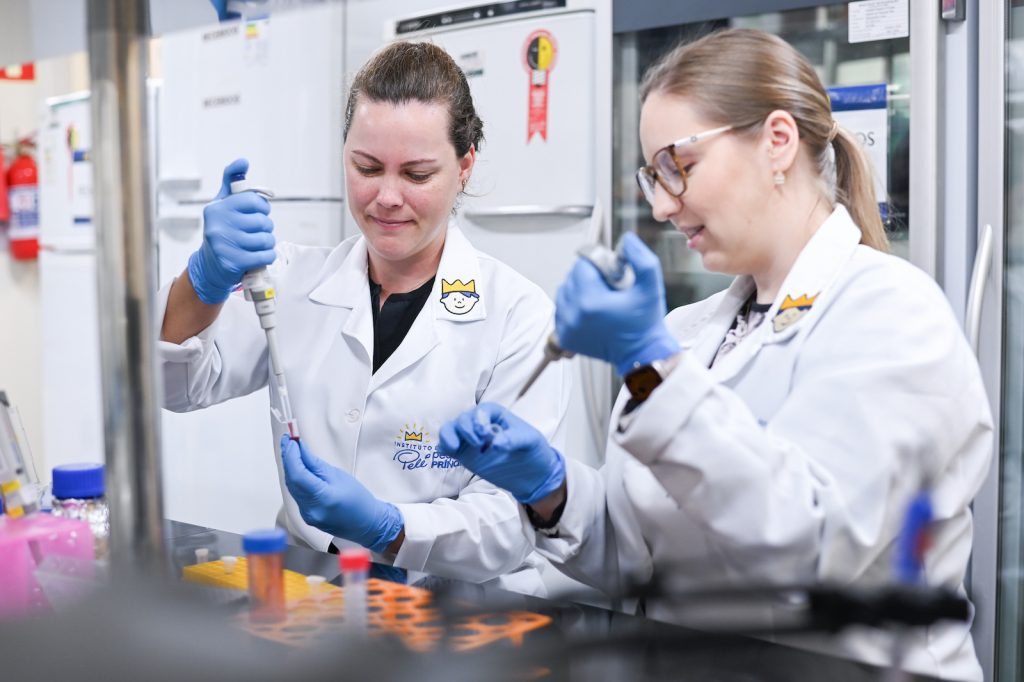
Another scientist who won a scholarship to study abroad is post-doctoral student Luiza Souza Rodrigues. Dr. Luiza is a member of Dr. Líbera Maria Dalla Costa’s team. She is developing research related to the Antimicrobial Stewardship Program at Pequeno Príncipe Hospital, which is coordinated by Dr. Fábio de Araújo Motta, and will participate in the course Infection Prevention and Control: Antimicrobial Resistance and Healthcare-Associated Infections in the COVID-19 Era, which will be held in Japan during the month of November.
“In this training, in addition to deepening knowledge about the emergence of microorganisms resistant to antimicrobials and the importance of prevention and control actions for infections related to healthcare, we will have the opportunity to design and conduct a project to value microbiologists and better communication of microbiological data (clinical diagnosis and indicators) to be developed at the institution and which will be, during its development, monitored by the course’s specialist professors. The institution gains, in addition to visibility into what is already developed here, an opportunity to improve processes and future partnerships,” highlights Luiza.
Master’s student Julia Maurer Apple and the doctoral students Nathalia Barth de Oliveira and Maiara Perussolo, members of Dr. Katherine Athayde Teixeira de Carvalho’s team, won scholarships to participate in a course on stem cells held by the Universidade Estadual Paulista (Unesp), which brought together scientists from 15 countries, in the month of September, in the countryside of São Paulo. “It was an honor for us to represent Pequeno Príncipe College and the Pelé Pequeno Príncipe Research Institute. Our research group was one of those that had the largest number of students selected from the same institution,” inform the researchers.
During the event, which lasted ten days, the researchers were able to strengthen ties with the International Society for Stem Cell Research, an organization dedicated to the study of stem cell research.
More
With support from society, Pequeno Príncipe Hospital offers exams that improve the diagnosis of neuromuscular diseases
The Neuromuscular Diagnostic Laboratory project was made possible through the National Program to Support Healthcare for People with Disabilities (Pronas/MS)
Change to the ECA (Child and Adolescent Statute) strengthens protection for children and adolescence in Brazil
With the change, the allocation of resources to specific projects of organizations through tax waiver is ensured at a national level
Gala do Bem exceeds fundraising goal
On a riveting night, society came together to support the treatment and research against childhood cancer carried out at Pequeno Príncipe Hospital


